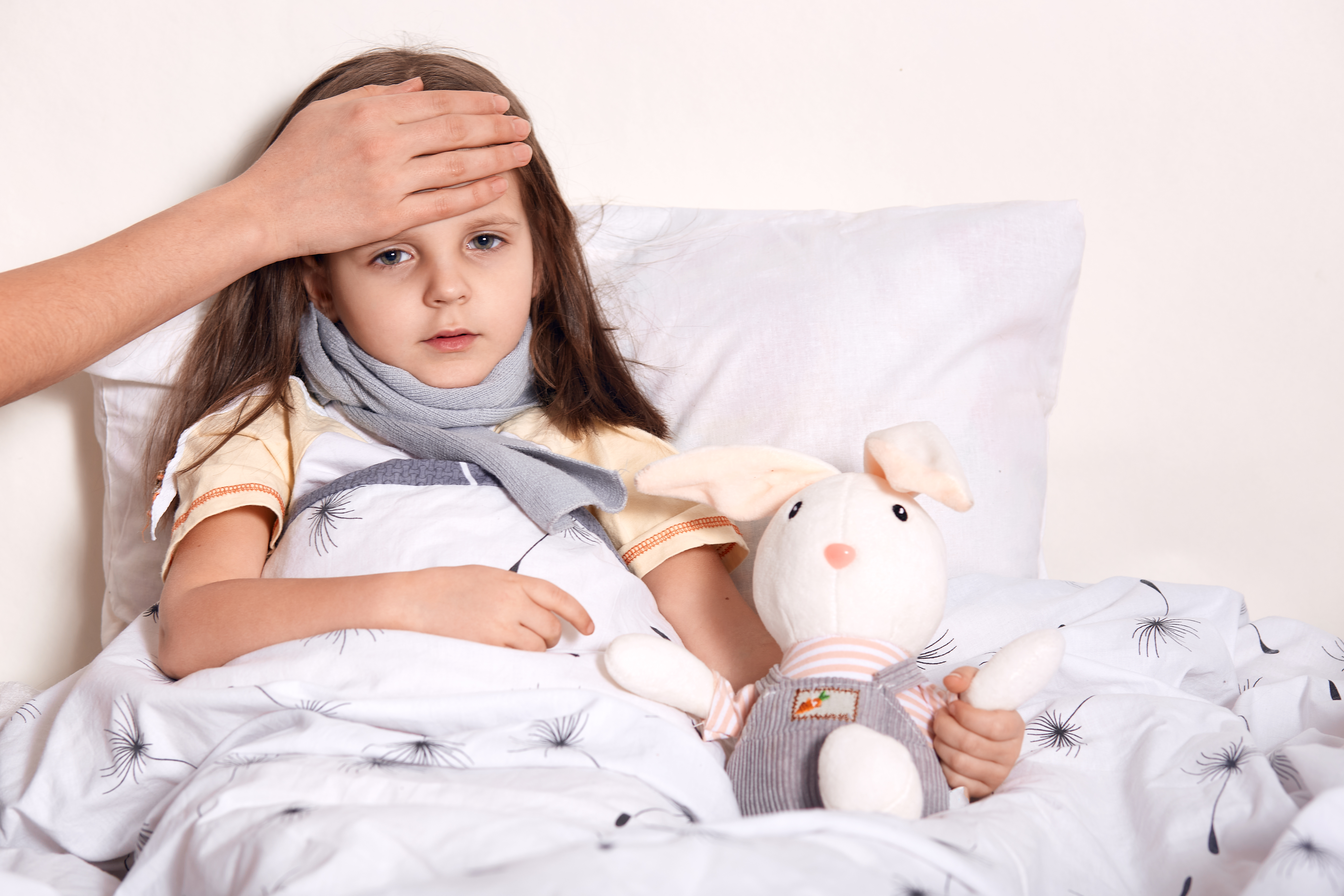Enteric (typhoid) fever is in the spotlight, and can often be mistaken for Diarrhoea and Gastroenteritis – which is fairly common during the warm summer months. The two illnesses share similar symptoms and the way it is transferred. The major difference between the two is that Enteric (Typhoid) Fever is caused by a bacteria called Salmonella Typhi, and Diarrhoea is caused by viruses. According to Dr Jaco Murray, the Head of Paediatrics at Paarl hospital says,”Typhoid fever can be seen as a severe type of diarrhoea, where you get other symptoms not usually associated with normal viral diarrhoea.“
What Is Enteric (Typhoid) Fever?
It is caused by a bacterium called Salmonella Typhi and Salmonella Paratyphi A,B or C. It is most common in areas where sanitation is poor. Diarrhoea can also be a symptom of Enteric Fever. Symptoms can appear as early as 3 days to as late as 60 days after exposure to the bacteria. Symptoms include:
- Feeling unwell in general
- Abdominal pain or cramps
- Nausea and vomiting
- Blood in the stool
- Constipation or diarrhoea
- Fever
- Headache
- A rash on the stomach
- Dry cough
READ MORE: Typhoid Cases Not Linked To Water
What Is Diarrhoea?
Caused by viruses, the condition ca occur amongst adults, although the effects are more severe and common amongst babies and children. If a child loses too much water, it can prove detrimental. According to Dr Murray, diarrhoea is more common in the summer months, and the department of Health monitors the Paediatric Surge Season which ranges from November to May. Symptoms are:
- Fast breathing or chest in-drawing – DON’T WAIT
- Runny tummy or vomits
- Can’t drink or hold food down
- Experiences fits, is weak and stares blankly
- Blood in stools
When there are danger signs then take the child to the clinic ASAP!

READ MORE: How To Make Your Own Hand Sanitizer
How can Enteric (Typhoid) Fever and Diarrhoea be Prevented?
- Maintain good hygiene in the kitchen, especially when handling and preparing food.
- Wash hands frequently with soap and water.
- Make sure that water is safe to drink.
- Avoid water that may be polluted with sewage or contaminated.
- Keep food covered and away from flies.
- Safely dispose of human stool and nappies.
- Children should receive the rotavirus vaccine at 6- and 14 weeks of age.
Find your closest clinic from the Western Cape Department of Health.


